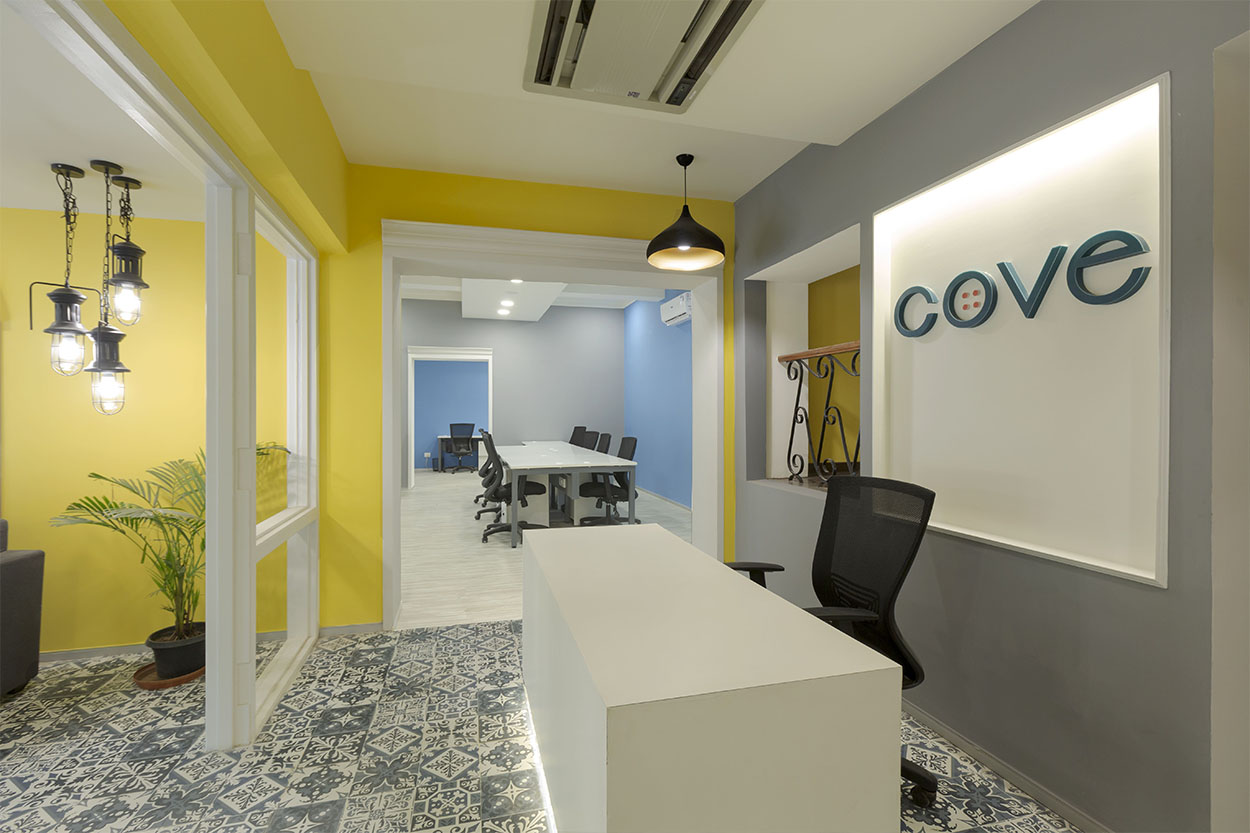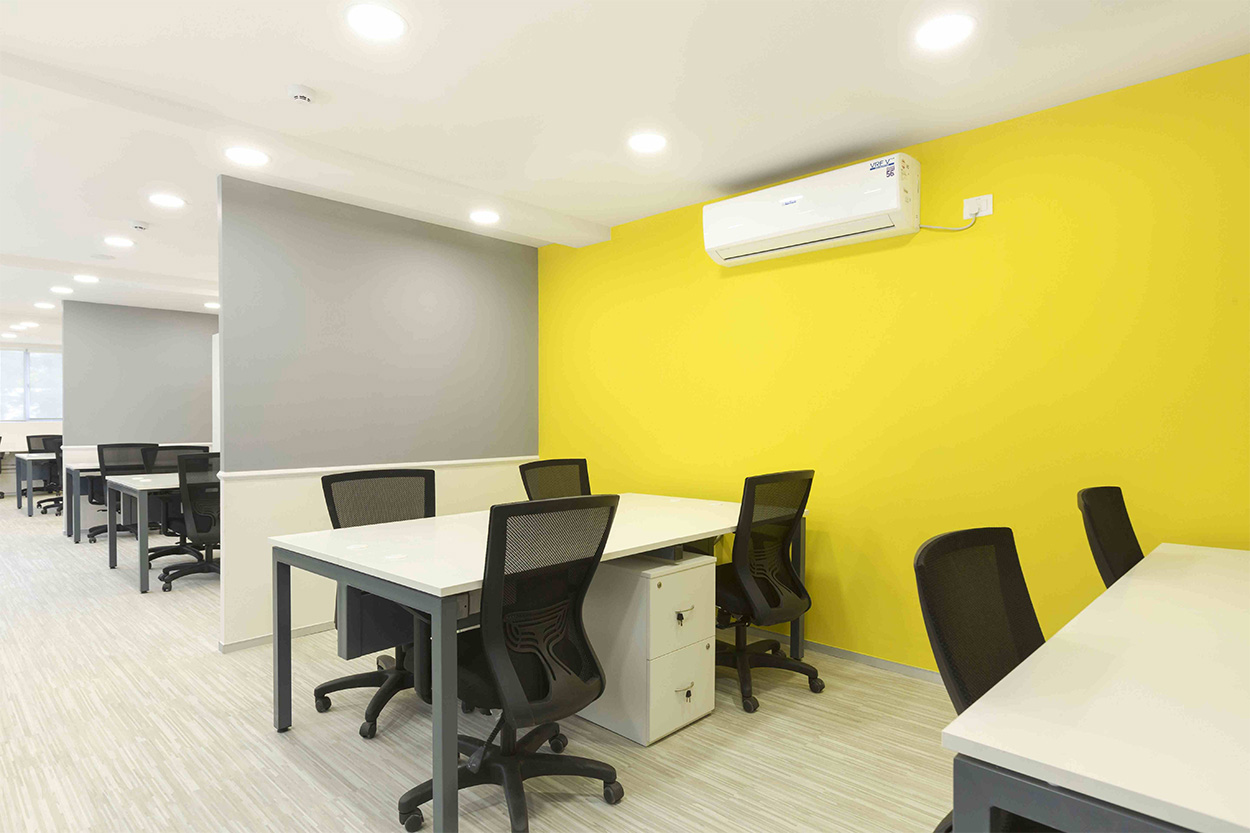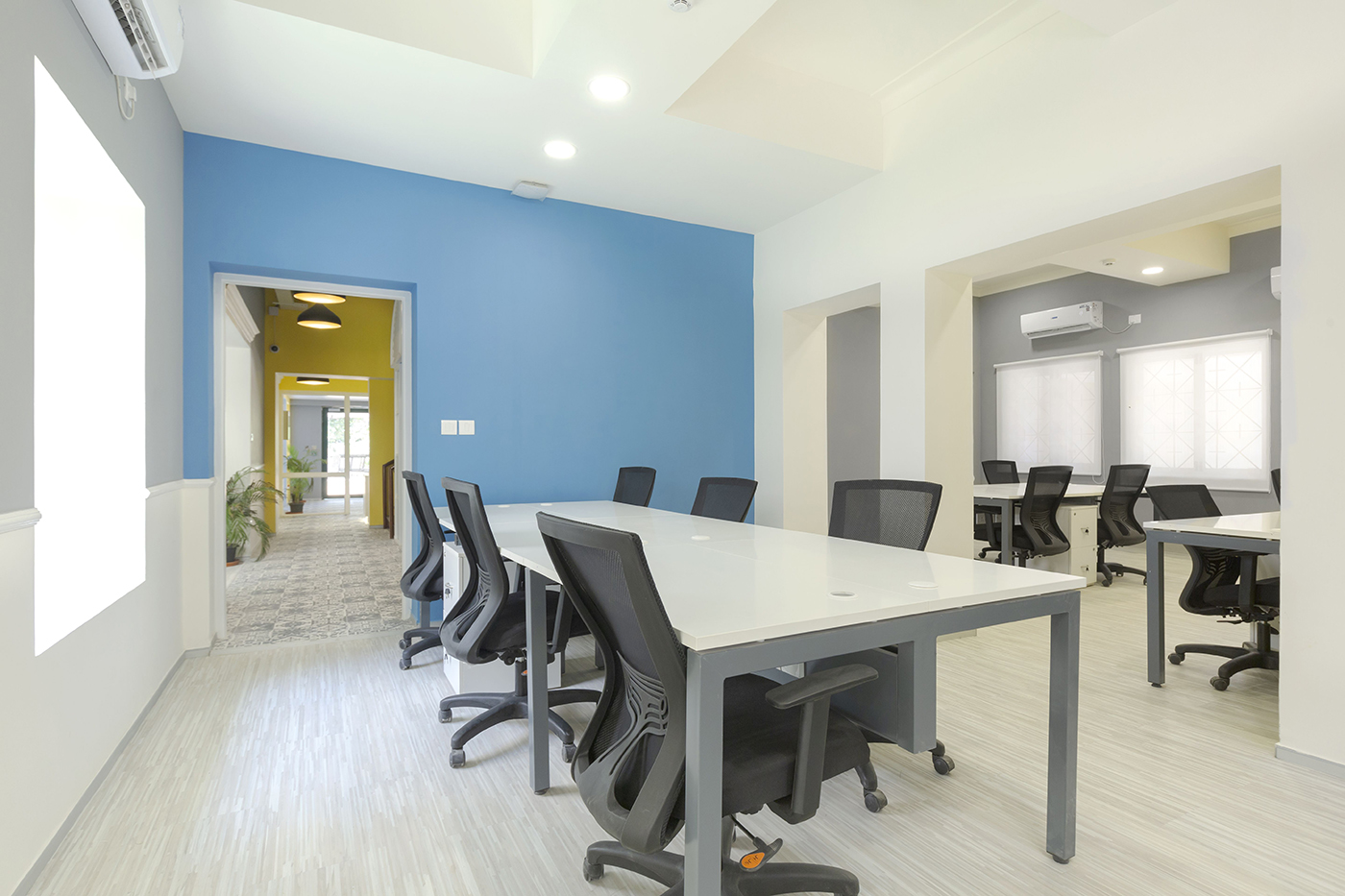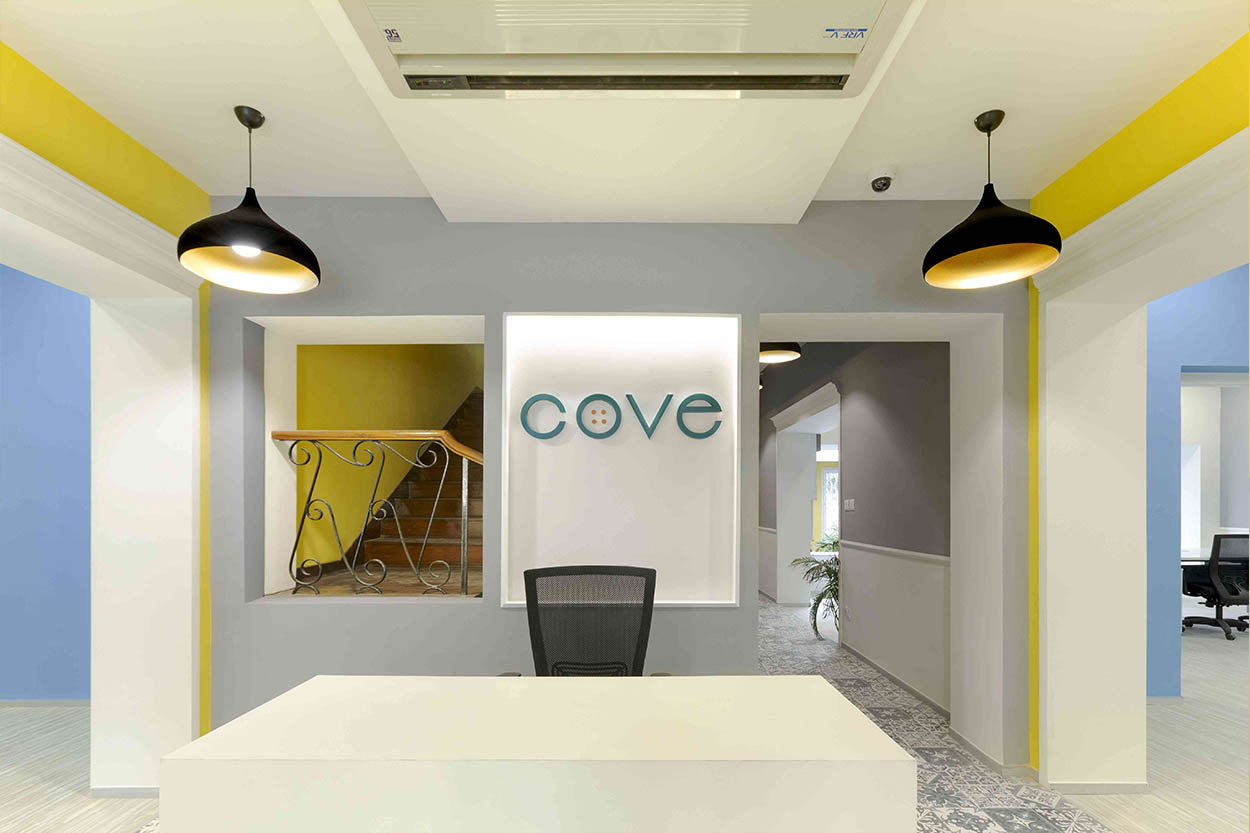Right now, we are in the middle of one of the biggest pandemics of our lifetime. As we try to restore our personal and professional lives to relative normalcy, the effect of the COVID-19 crisis has been vast and deep. We have essentially moved inwards, sticking to our homes, minimising social interactions and venturing out only when really needed. Naturally, this has significantly affected how we work. Going to your office almost seems like a thing of the past and people are looking for alternatives.
The significant trend to understand is that though WFH (work from home) adoption has increased, office spaces are still vital for a business. Client meetings, geographical market presence, registered business addresses – these are just some of the needs of a business that an office space fulfills. However, what has changed is the preference of employees and remote workers towards coworking spaces vs. dedicated office spaces. Surveys show that out of those who have used a coworking space before the pandemic and lockdowns, about 70.48% workers planned to return to the spaces once the conditions were better. Not just that, about 54.99% of those going in for remote working for the first time indicated that they would prefer to try out a coworking space whenever it is possible to do so.
What causes this shift in preferences is that coworking spaces offer the flexibility to “spend as you go” for the resources and features you need. Whether it is the number of seats or facilities like registered address, secure storage etc., you have the option of paying only for what you use, thus minimising your upfront expenses. Coworking spaces can also provide their clients with more flexible and varied facilities, features and subscription plans. This means that businesses do not need to maintain a dedicated office just to have access to the facilities whenever they want. Businesses with larger teams are now looking at options related to having specific teams work in the offices each day, thus reducing the overall requirement of seats.
So, what implications does this have on companies and individuals? For companies, maintaining dedicated per-city offices will become less and less important or even necessary. With more employees preferring remote work or shared workspaces at closer distances from home, companies will take the concept of “flexible offices” more seriously because of the ability to scale employee density up or down as per government guidelines, and the overall savings obtained by switching to a shared workspace as opposed to a dedicated one. Depending on their business model and the type of interactions they have with clients or within employees, businesses will opt for flexible coworking spaces which provide them with the requisite features and availability instead of maintaining a dedicated space and locking up their financial resources.
For employees, this means that they get the freedom of choosing where they want to work from – their own homes or a cafe or the nearest coworking space provisioned by their company. Flexible working will be the name of the game. This will directly result in increased employee satisfaction, better work-life balance, reduced time spent commuting etc. The cherry on the top of the cake is that productivity and business output is not just retained, but in many cases actually boosted by these changes.
At Cove, we have offered these and many other workforce management plans to our clients. We believe that flexible office space solutions remain the answer to the new working requirements of businesses.
*Statistics Source: www.coworker.com




